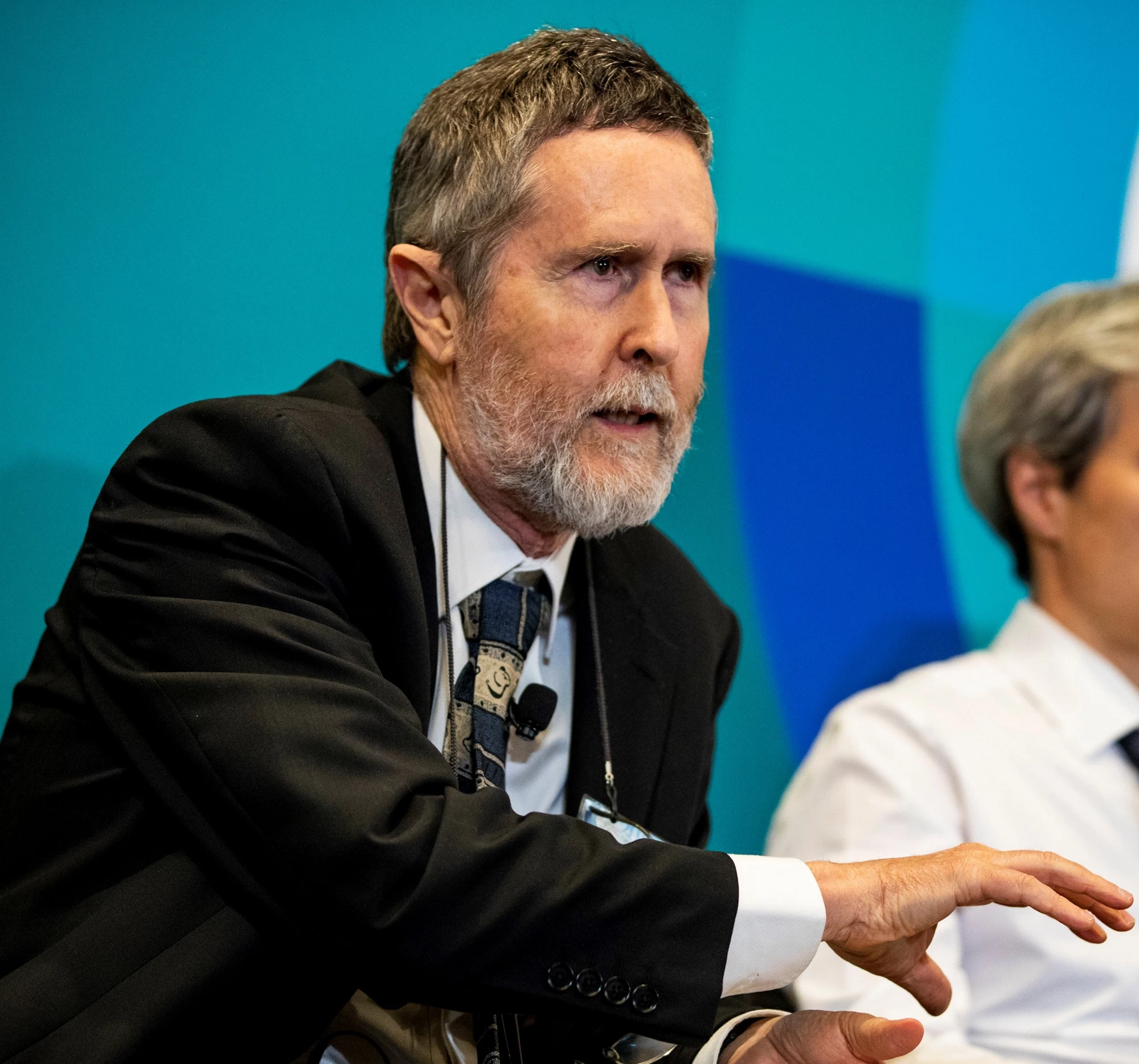 Empty street scene in Nairobi, Kenya
Empty street scene in Nairobi, Kenya
Even before the COVID-19 (coronavirus) pandemic struck many countries were not on track to reach their targets for the Sustainable Development Goals by 2030. Now the crisis threatens to further slow down progress, including for the health-related goals. It is causing increased suffering through more deaths and sickness while pushing more people into poverty due to their inability to work or the need to pay for out-of-pocket health services.
At the same time, the pandemic has triggered a global recession, which continues unabated, and government revenues have fallen substantially. Countries are struggling to provide funding for testing, treatment and contact tracing for COVID-19 while maintaining other essential health services. They have had to mobilize funds to protect jobs and support businesses, and for wider social safety nets.
So far, most countries have managed to meet these funding challenges, including on health, through a mixture of increased public borrowing and quantitative easing. However, it’s unclear how long government spending can be sustained with public debt reaching record levels .
Health financing will need to continue to adapt to these challenges in what appears to be a longer pandemic than many anticipated. Much uncertainty abounds, including over whether and when new waves of the infection will occur, the extent to which attempts to reduce infection rates will further reduce economic activity, and whether global economic growth can bounce back while we wait for a vaccine or effective treatment.
Health financing resilience is the focus of this year’s Annual Health Financing Forum (AHFF) . Health financing resilience is the ability of countries to respond to unexpected health shocks that suddenly increase the need for health spending and/or reducing governments’ revenues. The Forum provides a platform for country policymakers and technical experts to share approaches and learn from one another’s experiences to develop more resilient health financing.
Part 1 of the AHFF, which took place in July 2020, explored key areas of this theme through a series of virtual sessions. Discussions included a look at developments in government revenue mobilization, public financial management strategies to move funds more rapidly and flexibly to frontline services, financing arrangements to ensure that non-COVID-19 essential health services are maintained, changes in purchasing arrangements to assure a rapid scale-up of health service capacity, such as the increased use of telemedicine, and the impact of COVID-19 on financial protection.
The second part of the Forum, taking place November 12 to December 10, 2020, will continue these conversations and take them a step further building on the experiences of the last few months.
Part 2 of the Forum will have virtual sessions that focus on such issues as how to maintain health spending while waiting for a vaccine or effective treatment, new innovations in purchasing that can help expand service delivery capacity through the private sector and equity issues in rationing, including for the roll out of a coronavirus vaccine. The first Adam Wagstaff Memorial Lecture will also take place during the Forum to commemorate Adam’s influential work in the area of health economics and financing. Adam, who was a Research Manager in the Development Research Group at the World Bank, passed away in May 2020. His work in health economics was seminal in areas such as the demand for health, equity in health financing and tracking progress towards universal health coverage.The Memorial Lecture will focus on the last area, which is also critical to the development of health financing strategies during the current coronavirus pandemic.
Register here by November 11 to join us for Part 2 of the fifth Annual Health Financing Forum, which will take place virtually November 12 to December 10, 2020.
The 2020 AHFF is part of the newly launched COVID-19 Health Financing Resilience Program. Learn more about this program here.



Join the Conversation